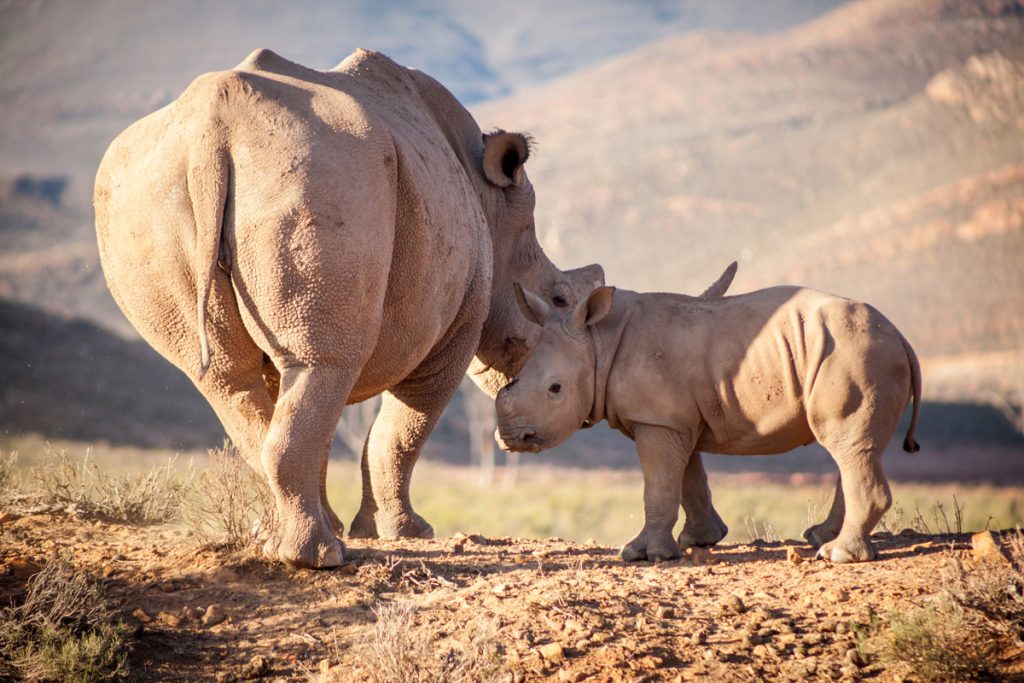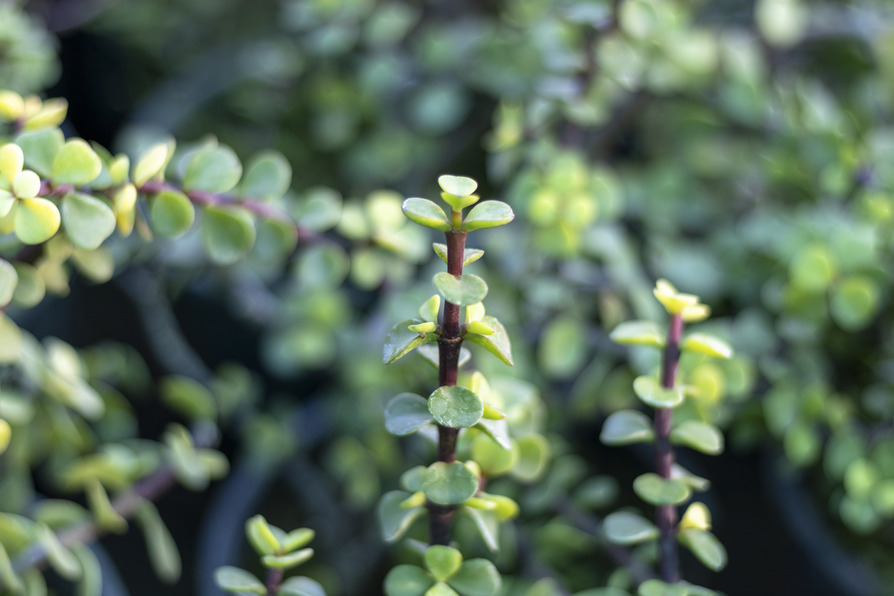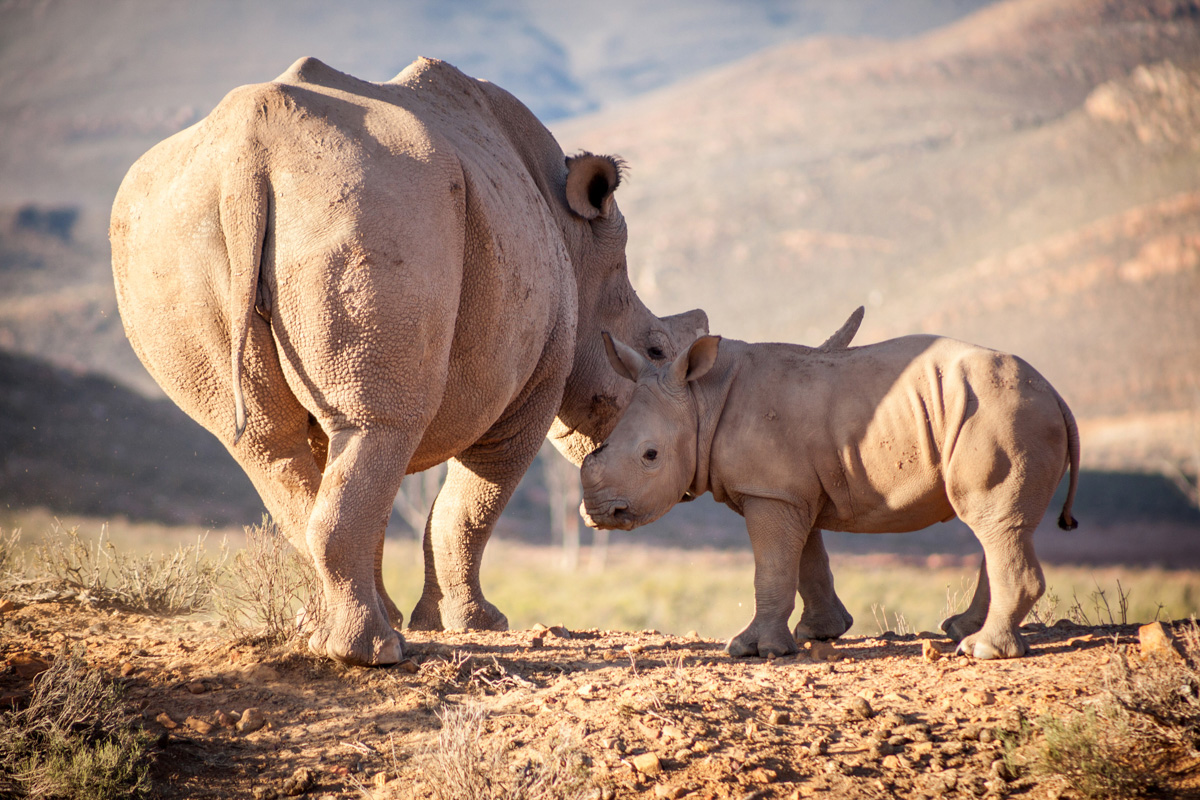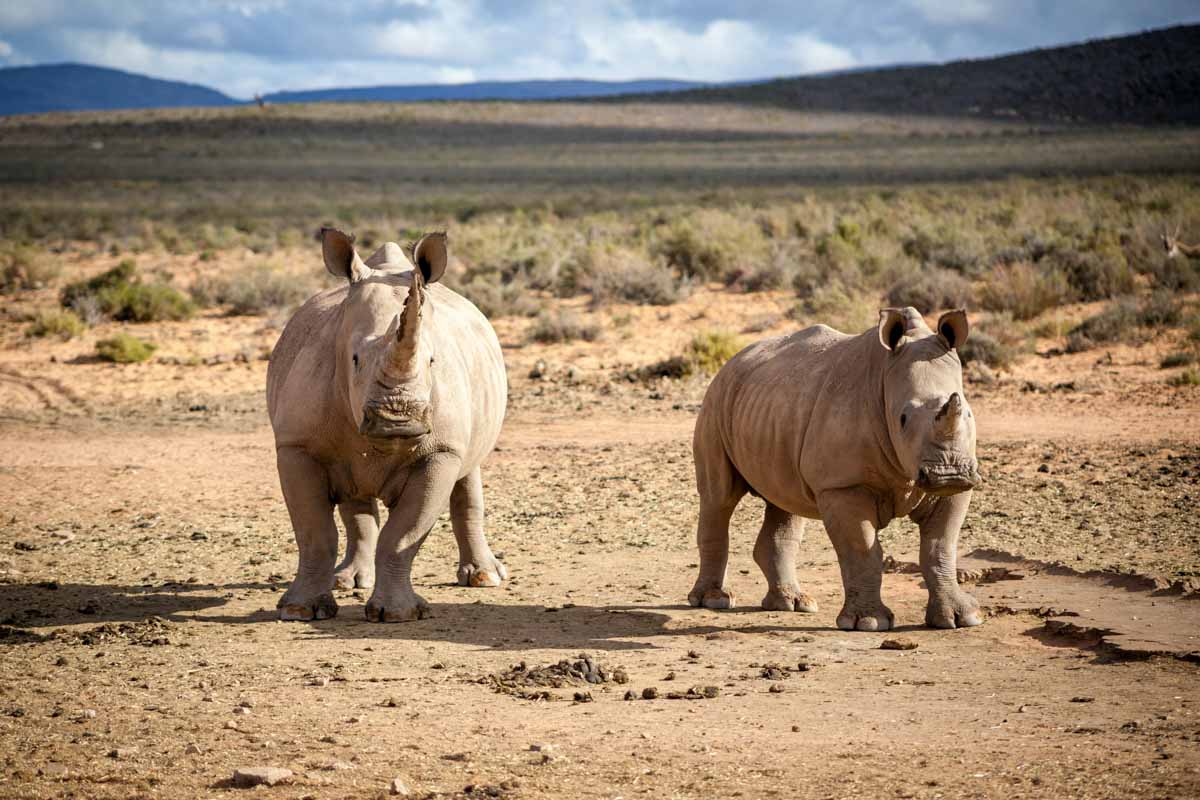Here at Aquila’s Animal Rescue Centre (ARC), we dedicate ourselves to the welfare of all wildlife, including the majestic rhino. But a recent study published in The Conversation, highlighted by Primedia and KFM, has thrown a stark challenge our way: Southern Africa’s rhinos could face extinction in national parks by 2085 if the worst-case climate change scenario unfolds.
This news hits close to home, as South Africa is home to over 22,000 rhinos, representing a significant portion of the global population. The study, led by Professor Timothy Randhir, highlights the vulnerability of these giants due to their inability to sweat and reliance on water and shade for cooling.
But We Won’t Give Up Without A Fight
Like the rhinos themselves, we are resilient and determined. The study also emphasises the power of immediate action to create hope for these iconic Big Five animals. This is where ARC steps in, alongside other conservation organisations and passionate individuals, like you.
- Leading the way in research: We actively collaborate with researchers to understand the impact of climate change on rhinos and develop effective mitigation strategies.
- Create more water sources: We’re installing additional waterholes and implementing rainwater harvesting techniques to ensure rhinos have access to life-giving hydration.
- Establish undisturbed tree cover: Planting trees and safeguarding existing vegetation provides crucial shade and cooler microclimates for rhinos to rest in.
- Advocating for change: We work with governments and park authorities to implement the study’s recommendations, such as creating more water holes and establishing corridors for rhino movement.
- Inspiring action: We educate visitors and the public about the plight of rhinos and empower them to take action through volunteering, donations, and sustainable choices.
Why are Rhinos Particularly Vulnerable?
Unlike humans, rhinos lack the ability to sweat, relying heavily on water, mud pools and shade to regulate their body temperature. Rising temperatures and decreasing rainfall directly threaten their ability to survive in the wild. And, if rhinos are unable to regulate their body temperature and keep cool in the severe heat of Africa’s summer months, they won’t be able to survive.
Rhinos can’t sweat, making them vulnerable to overheating
How You Can Help
- Read the full study: Dive deeper into the research and understand the urgency of the situation ([Link to original study]).
- Support Saving Private Rhino: This initiative by Aquila focuses specifically on rhino conservation and rehabilitation ([Link to Saving Private Rhino website]).
- Donate to ARC: Your contribution will directly support our efforts to provide safe havens and advocate for rhinos ([Link to ARC donation page]).
- Reduce your carbon footprint: Every action counts, from using less energy to choosing sustainable products. Together, we can mitigate climate change and create a brighter future for rhinos.
Remember, the future of rhinos is in our hands. Let’s stand together, take action, and ensure these iconic creatures continue to roam the savannas for generations to come.
Together, we can help save the rhinos!




